Released on 2nd April 2020
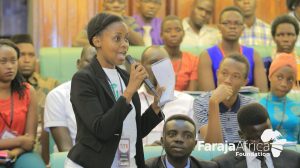
Even during these tough times of the global covid-19 pandemic, the youth have remained dynamic, productive, innovative and ever present. From the boda-bodas making deliveries of basic food items to young women vending in the markets, the power of youth has prevailed.
Defending youth democratic rights and our fundamental freedoms can be challenging, let alone having to do it while under “lockdown” practicing social distancing in the midst of a global health crisis spreading rapidly across the world. In times like these, solidarity and social compassion play the most important role.
Youth of Uganda together with other youth civil society organisations and informal youth movements want to respond to the fast moving emergency and arising needs across various locations affecting young people but also from the ongoing presidential directives and calling for the following:
To the General Public
● Stay home and keep the health measures as advised by the Government of Uganda and ministry of health
● Avoid stigmatisation of people that have been tested positive for COVID-19.
● Fight fake news online and promote accurate information or facts from experts and trusted sources.
To the Government:
This pandemic has been a demonstration that governments can act, and people can change their behaviour, in a very short amount of time. We appreciate the government efforts in fighting the pandemic and we request the government to further:
● Review its prevention measures and how they affect the youth who live hand to mouth and make up more than 55% of the population well as the 65% Ugandan households in the informal sector.
● Put into the Ugandan Context the presidential directives that are being made, how feasible they are to a Ugandan youth so that we avoid having death due to hunger and even increase in crime. A concrete policy direction from government on humanitarian assistance and economic recovery during and post COVID 19 is needed
● Regulate powers of the officers including LDUs, Police and UPDF that is enforcing these laws so that they do not affect abuse the human rights of local citizens especially the young people.
● Emphasis on Price levels for all the food being sold, and if possible in the next presidential address announce minimum prices for basics like salt, soap, posho and beans to avoid skyrocketing prices.
● National water and Sewage Corporation and UMEME to provide water and electricity to all citizens and not charge clients during the months of the lockdown.
● Government should revise taxes in wake of the COVID 19 pandemic and grant tax holidays to Small scale industries and tax incentives to banks and credit facilities so that they reduce interest rates.
● Review the OTT tax so as to enable more young people to use social media to access information and work with telecom houses on reduce on rates for data.
The current pandemic is unfolding upon unjust structures that have plagued us as a country for decades. There is a need to reinvest in the social infrastructure of the country in areas like public healthcare and social safety nets so that no one is left behind.
Human Rights Based Approach To Fight The Pandemic:
While we recognize the severity of the current health crisis and acknowledge that the use of emergency powers is allowed by the Uganda laws in response to the pandemic, we urgently request the government that any emergency responses to the coronavirus must be proportionate, necessary and non-discriminatory.
Covid-19 outbreak should not be used as a basis to target particular groups or individuals. It should not function as a cover for repressive action under the guise of protecting health. STATEMENT ON COVID-19 ON THE YOUTH IN UGANDA
We request the government of Uganda to remain steadfast in maintaining a human rights-based approach to regulating this pandemic, in order to facilitate the emergence of healthy societies with rule of law and human rights protections.
To The Development Partners We Ask:
● That you exercise flexibility and understanding as the COVID-19 outbreak will necessitate reprioritisation and adjustments in programming and outreach activities by organisations. At this moment, we need funders and supporters to work together to ensure that the youth sector stays strong and resilient as we deal with current and future crises and uncertainties, including in the social, political and economic sphere.
To Civil Society Organisations:
Let’s be mindful of the need to support each other with messages of hope, resilience and solidarity in dealing with the potential negative outcomes for social cohesion, trust and civic struggles. Now more than ever we need to put in place measures that reduce the impact of the pandemic on groups rendered especially vulnerable by inequality, discrimination, disability and the absence of social security measures.
To all the Young People in Uganda:
What if we now carried this awareness beyond the present emergency? This is an urgent question because there is a great global economic depression looming beyond our country Uganda. Potentially, it can lead to more wars, increased authoritarianism and yet greater economic injustice. Or it can empower us to demand a much-needed transformation of a system in crisis.
The current crisis is not as catastrophic as a world war. But its effects will be far-reaching, and the risk of an economic and geopolitical and economic collapse is real.
We can, however, emerge at the end of this tunnel with the first vestiges of a new world. It is imperative that we remain vigilant and act together, drawing effectively on our reserves of innovation and resilience. The opportunity is there for us to seize, and we must start work on it now. At the very least, we now know we have the power to do so.
Signed by:
1. Youth4Uganda
2. Open Space Centre
3. Youth Line Forum
4. Centre For Policy Analysis (CEPA)
5. Faraja Africa Foundation
6. Marafiki Milele
7. Innovations for Democratic Engagement and Action (IDEA)
8. The Alternative Movement
9. East Africa Youth Network, Uganda Chapter
10. West Nile Youth Network
11. Uganda Youth Senate
12. Uganda Debate Arena
13. Youth Advocacy Network (YADNET)
14. Agency for Development of Young Farmers in Uganda (ADYOFU)
15. YouLead Alumni Network, Uganda Chapter
16. Youth Forum for Social Justice
17. Visionary Lady Foundation
18. Recreation for Development and Peace (RDP) Uganda
19. Africa Youth Federation
20. The Uganda Young Democrats
21. Uganda Parliamentary Forum on Youth Affairs
22. Global Platform Uganda.












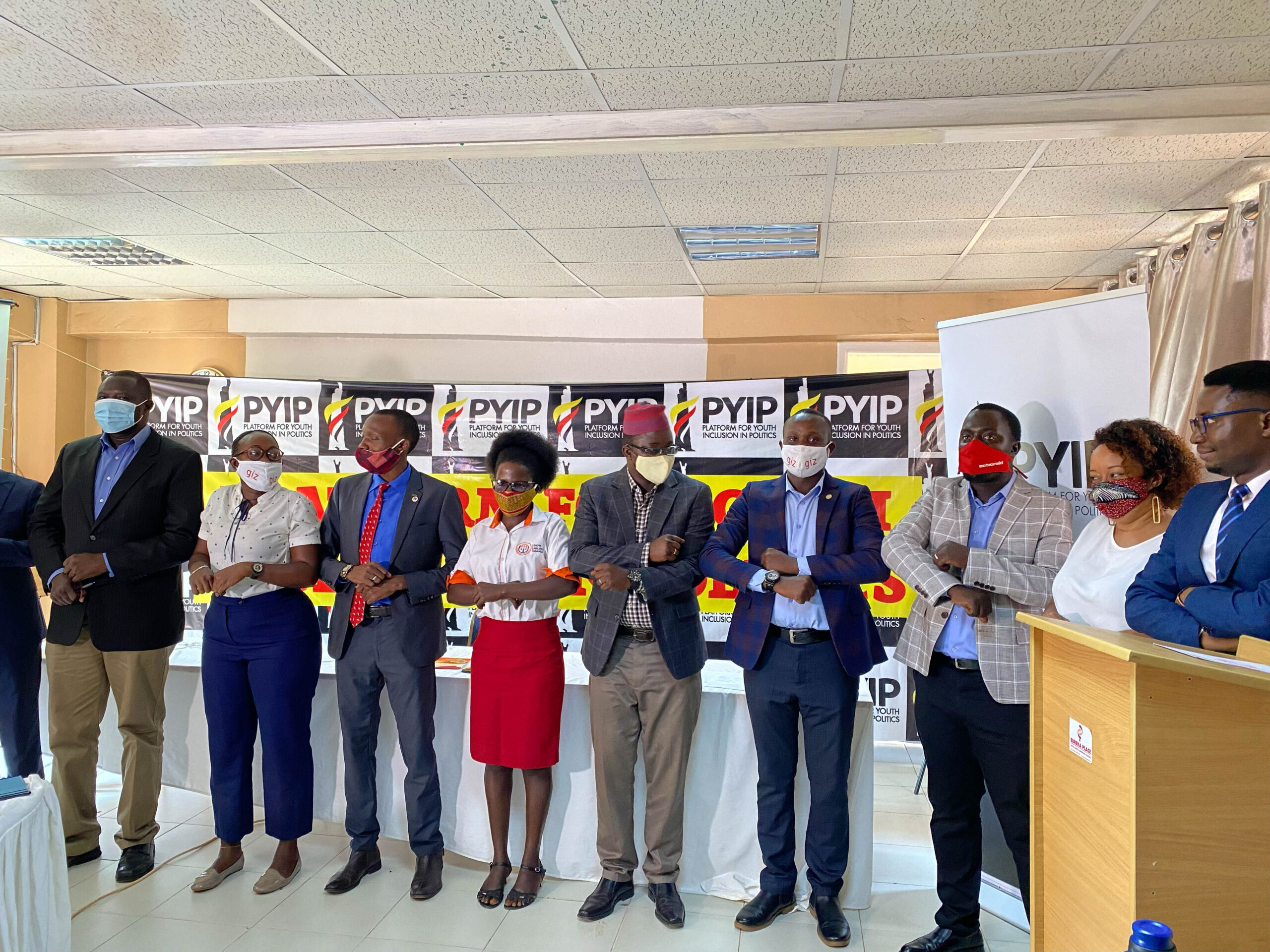
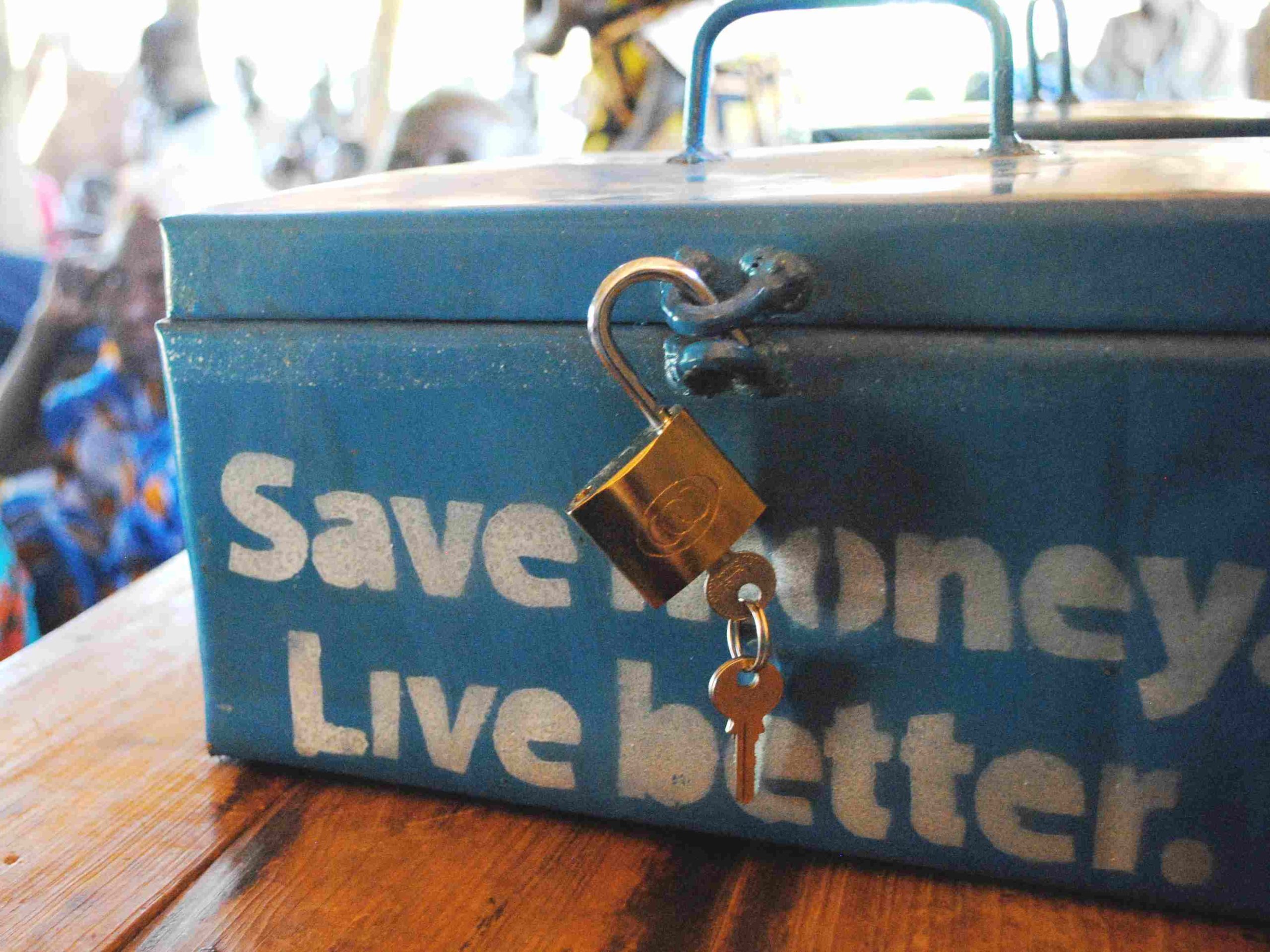
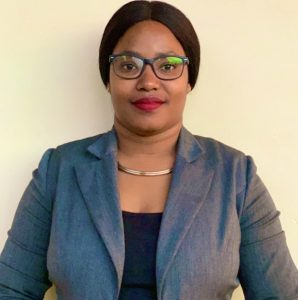
 Savings means that as a young person you have a fallback plan, insurance (assurance of sustainability). That’s because just as wisdom is a defence, so is money. Building your financial literacy knowledge is key and reducing access to bank accounts will ease your journey in saving. This is the fastest way to fight poverty, unemployment and grow more youth businesses owners who also promote the country’s economic growth (social entrepreneurs).
Savings means that as a young person you have a fallback plan, insurance (assurance of sustainability). That’s because just as wisdom is a defence, so is money. Building your financial literacy knowledge is key and reducing access to bank accounts will ease your journey in saving. This is the fastest way to fight poverty, unemployment and grow more youth businesses owners who also promote the country’s economic growth (social entrepreneurs).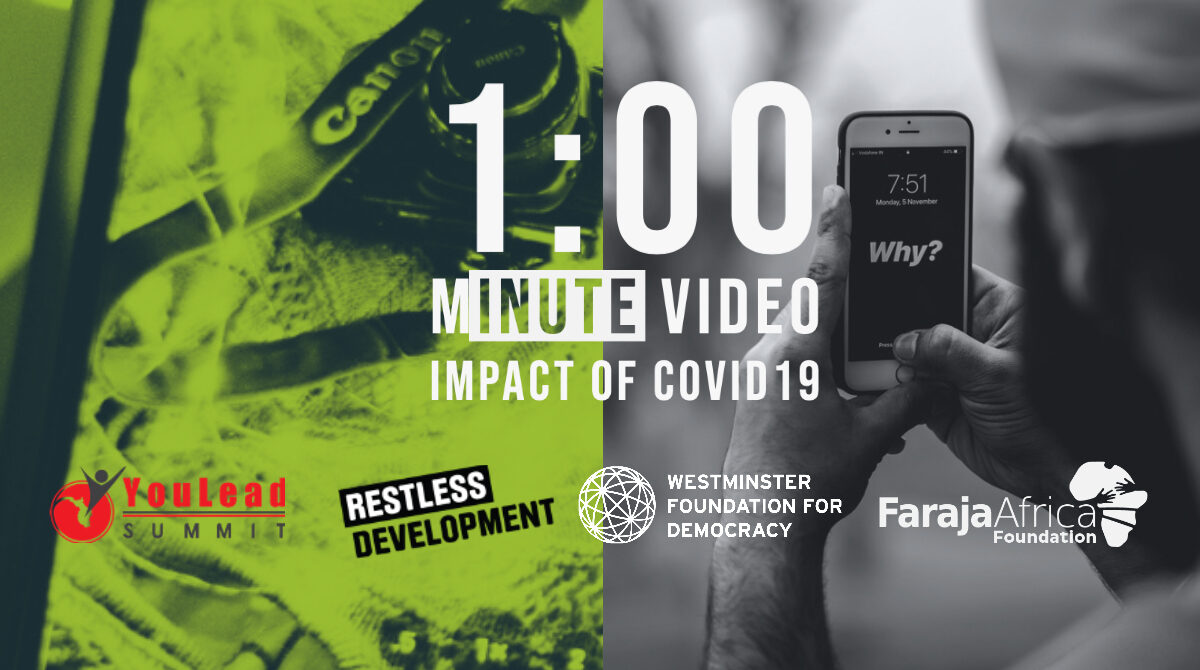
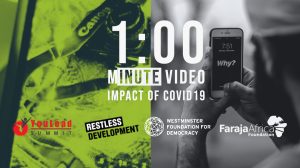 Faraja Africa Foundation in partnership with Restless Development, YOULead and the Westminster Foundation for Democracy; are hoping to capture short1-2 minute videos of young people like yourself sharing how COVID-19 has affected you (young people in East Africa). Please respond to the following question:
Faraja Africa Foundation in partnership with Restless Development, YOULead and the Westminster Foundation for Democracy; are hoping to capture short1-2 minute videos of young people like yourself sharing how COVID-19 has affected you (young people in East Africa). Please respond to the following question:

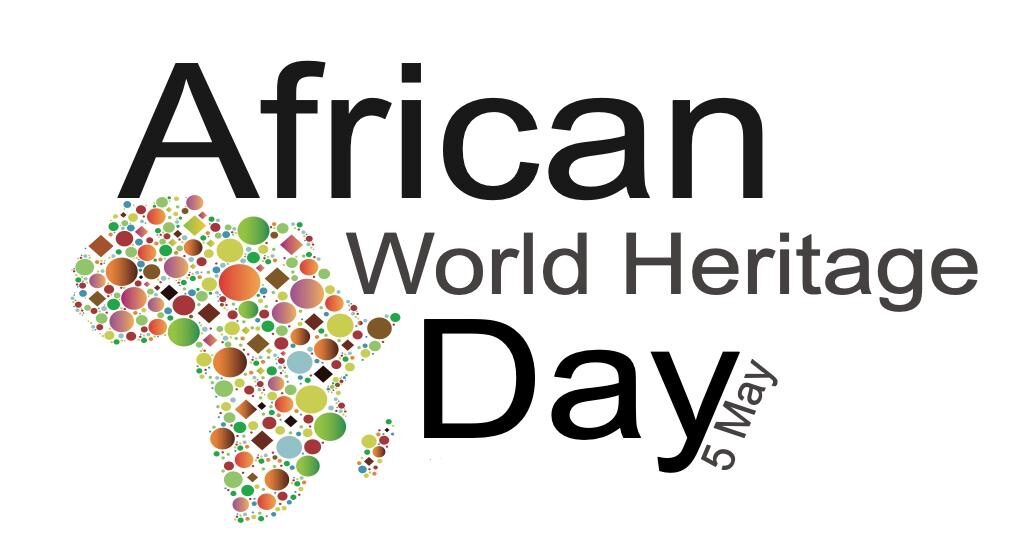
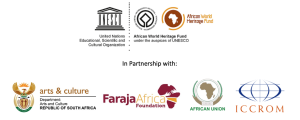
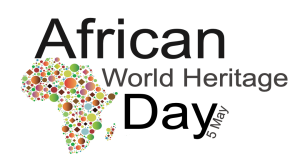 The main AWHD celebrations will comprise a social media campaign, #TogetherApart4AfricanHeritage or #OurAfricanHeritage, from 25th of April to the 25th of May, and a webinar (online seminar) on the 5th of May.
The main AWHD celebrations will comprise a social media campaign, #TogetherApart4AfricanHeritage or #OurAfricanHeritage, from 25th of April to the 25th of May, and a webinar (online seminar) on the 5th of May.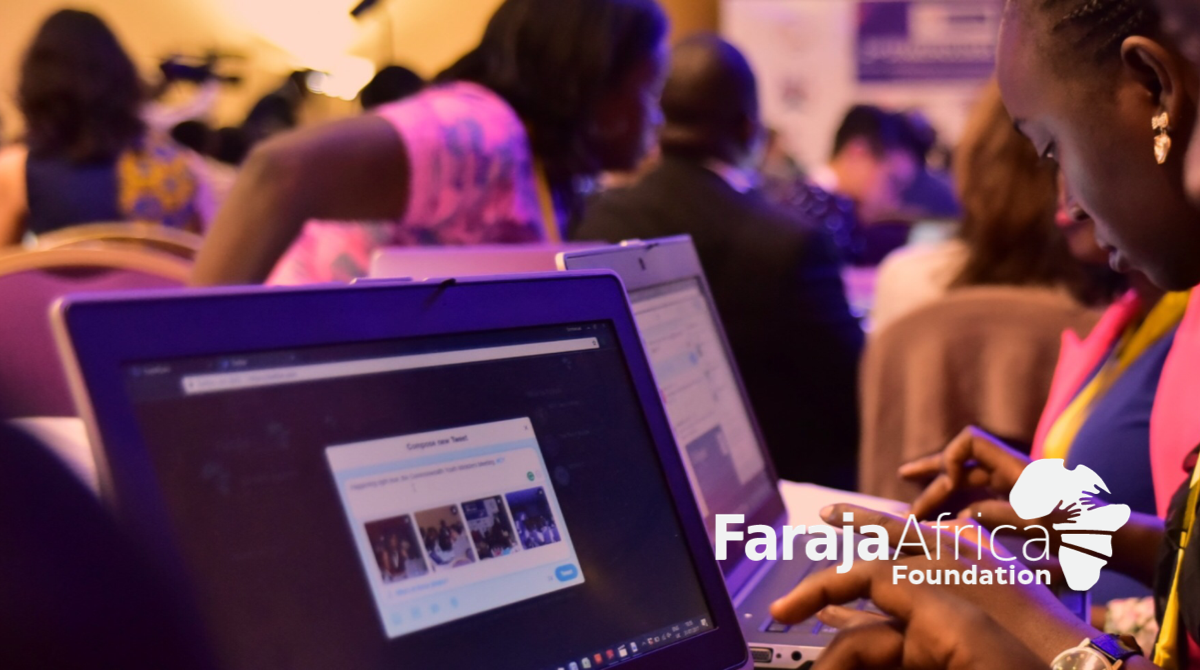
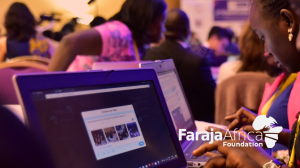
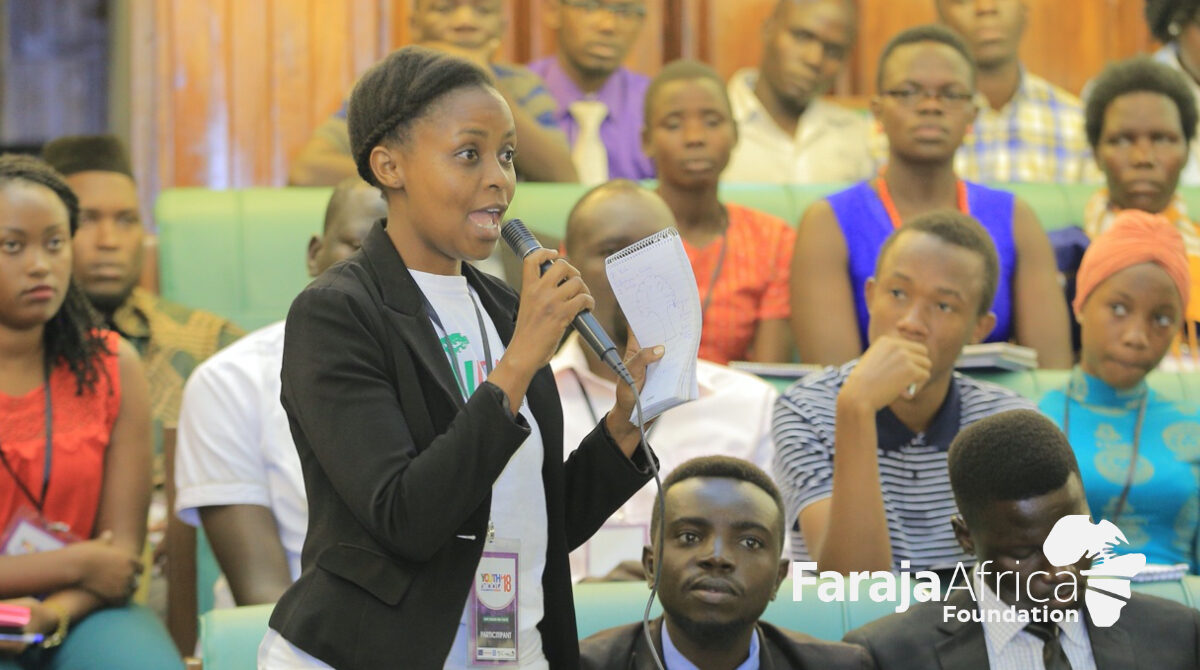

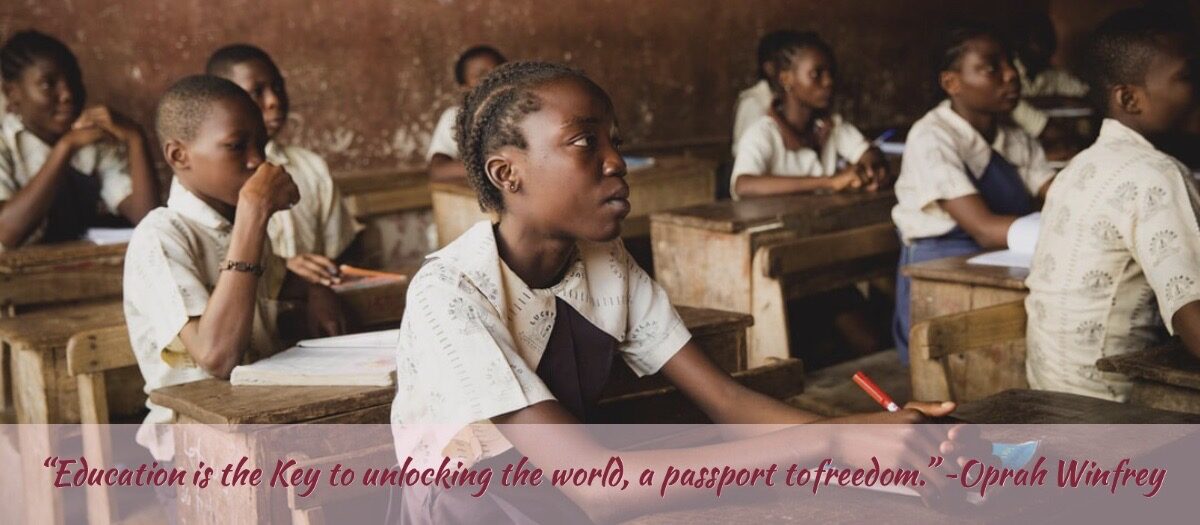
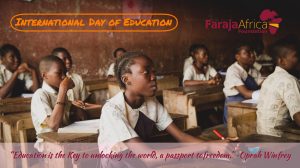
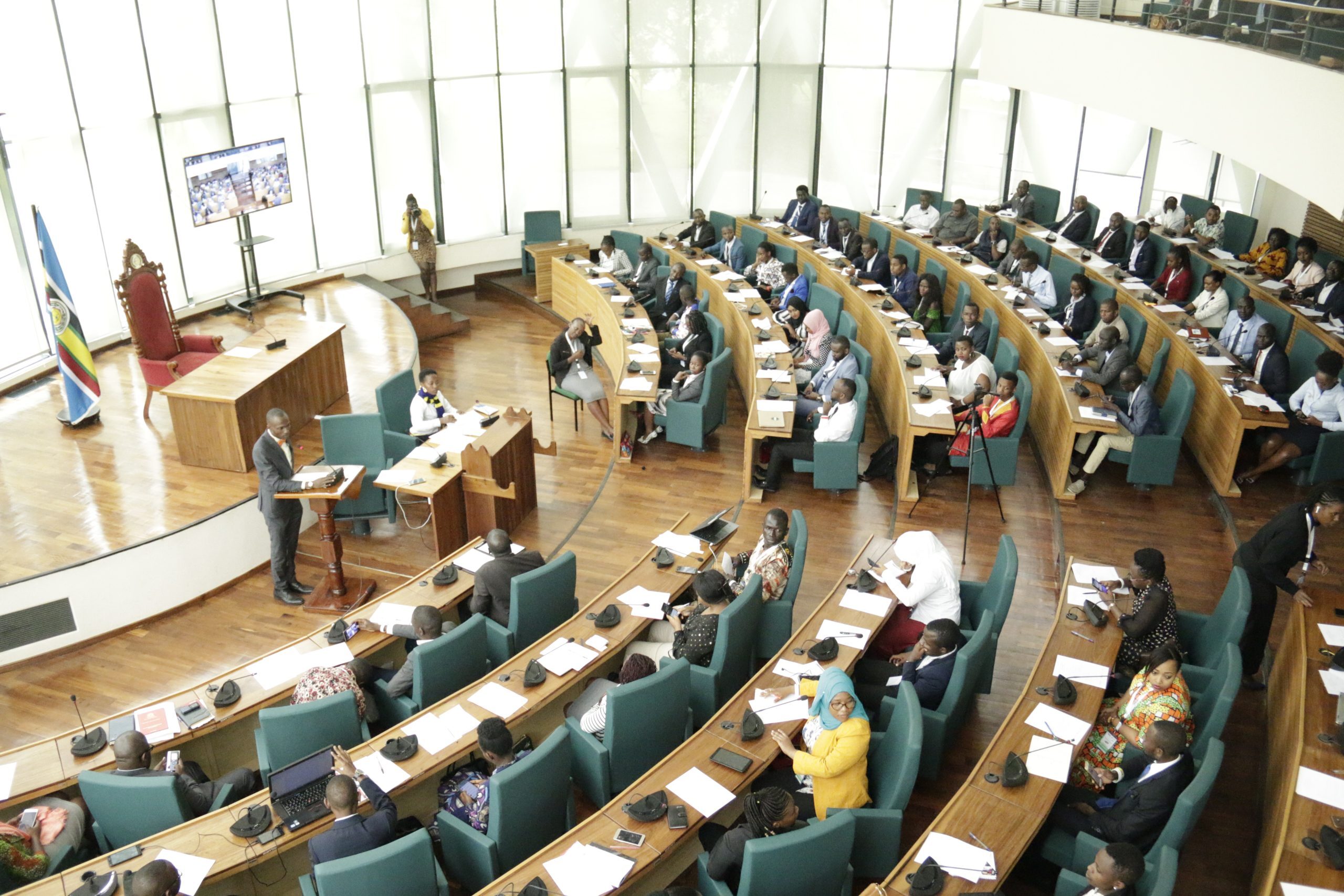
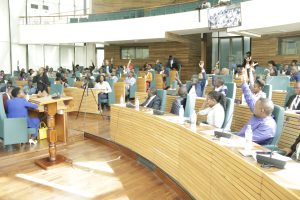
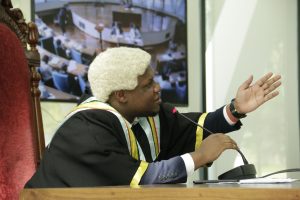
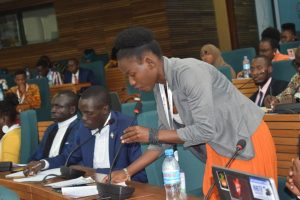
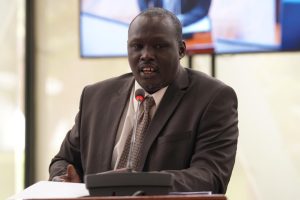

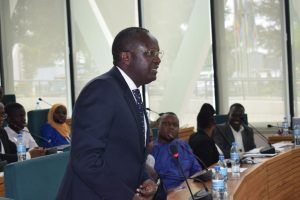
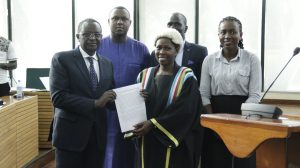
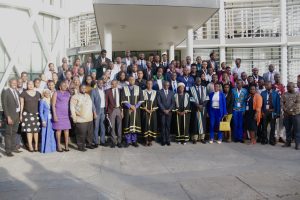
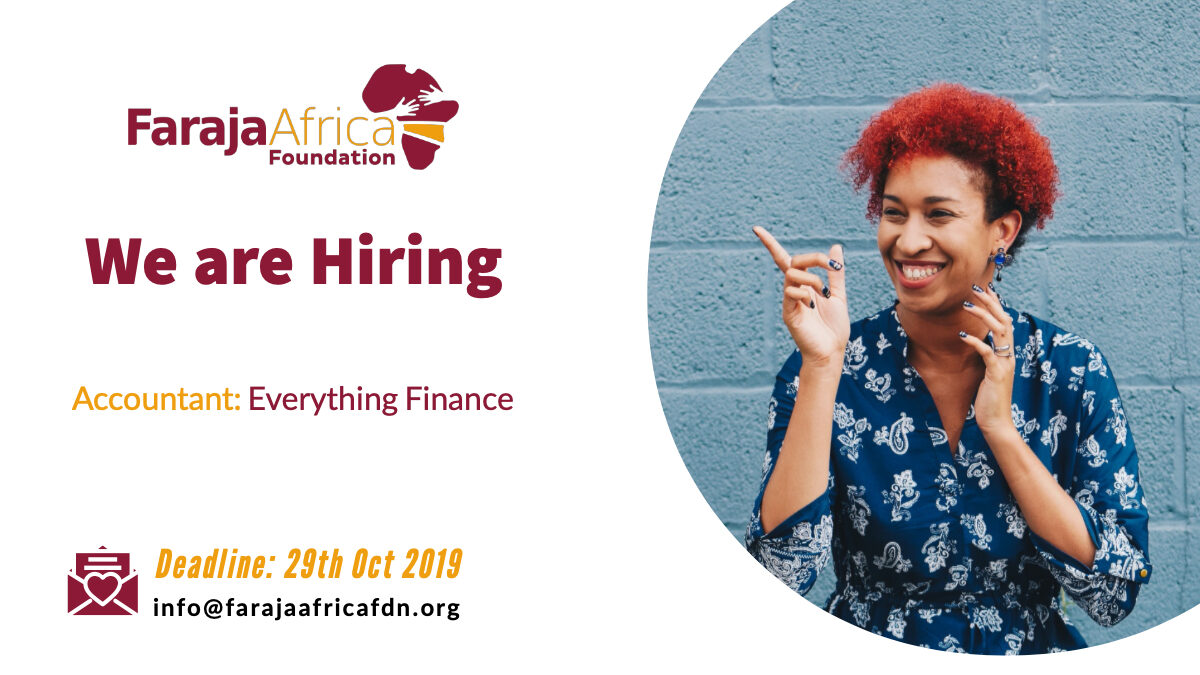
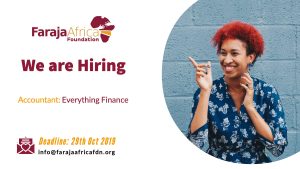
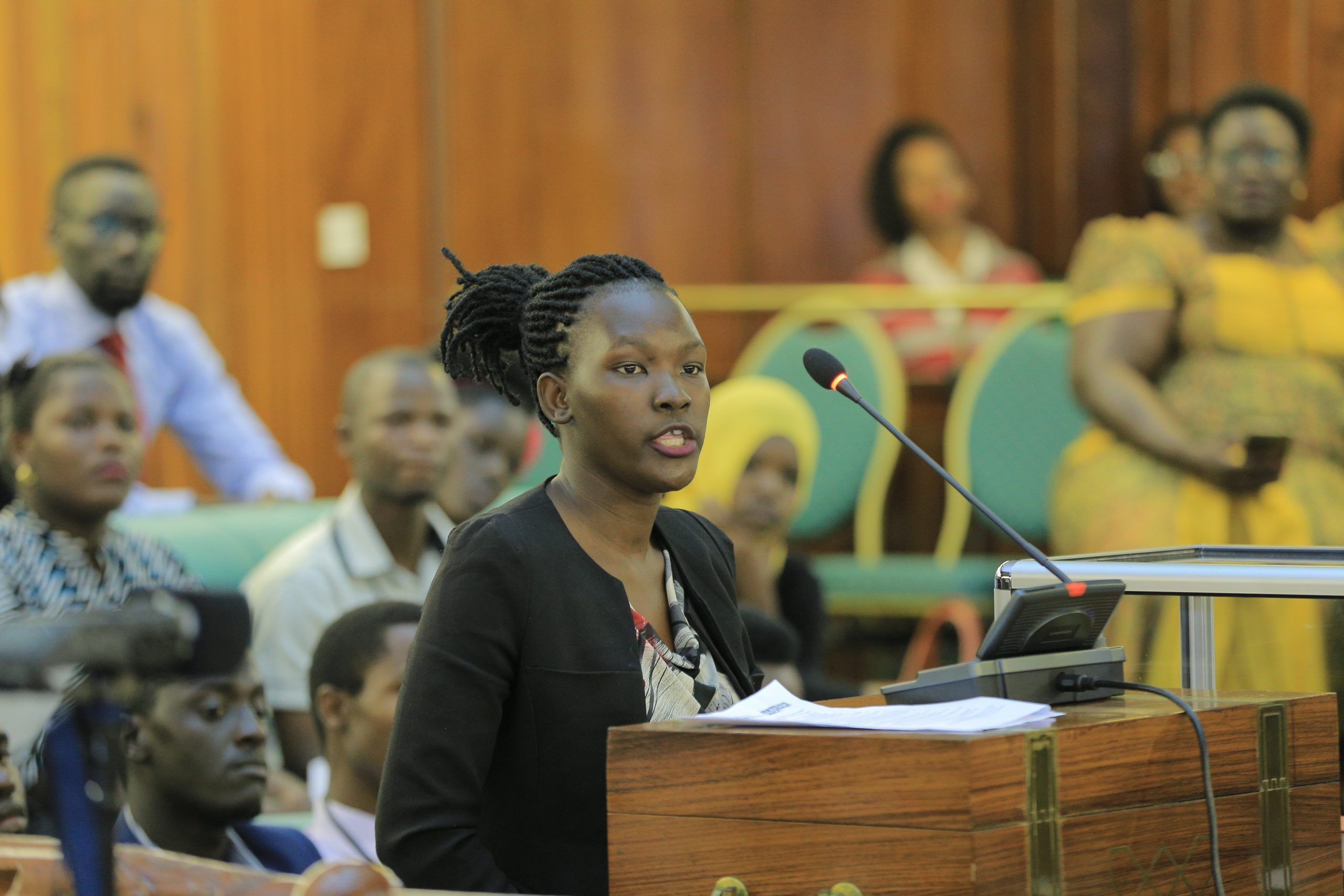
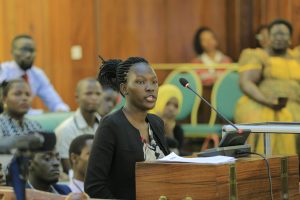 International Youth Day is observed annually on 12 August as adopted by the United Nations under resolution 54/120 in 1999. It is an opportunity for governments and civil society to draw attention to youth issues worldwide. During International Youth Day, concerts, workshops, cultural events, and meetings involving national and local government officials and Youth Organizations take place around the world to commemorate this important day.
International Youth Day is observed annually on 12 August as adopted by the United Nations under resolution 54/120 in 1999. It is an opportunity for governments and civil society to draw attention to youth issues worldwide. During International Youth Day, concerts, workshops, cultural events, and meetings involving national and local government officials and Youth Organizations take place around the world to commemorate this important day.